Heading overseas for some time away from technology? Ready for a staycation and some holiday reading?
We asked our team what books they’d recommend to readers of this blog. With that audience in mind, there’s a big focus on the world of IT - and a few wildcards too.
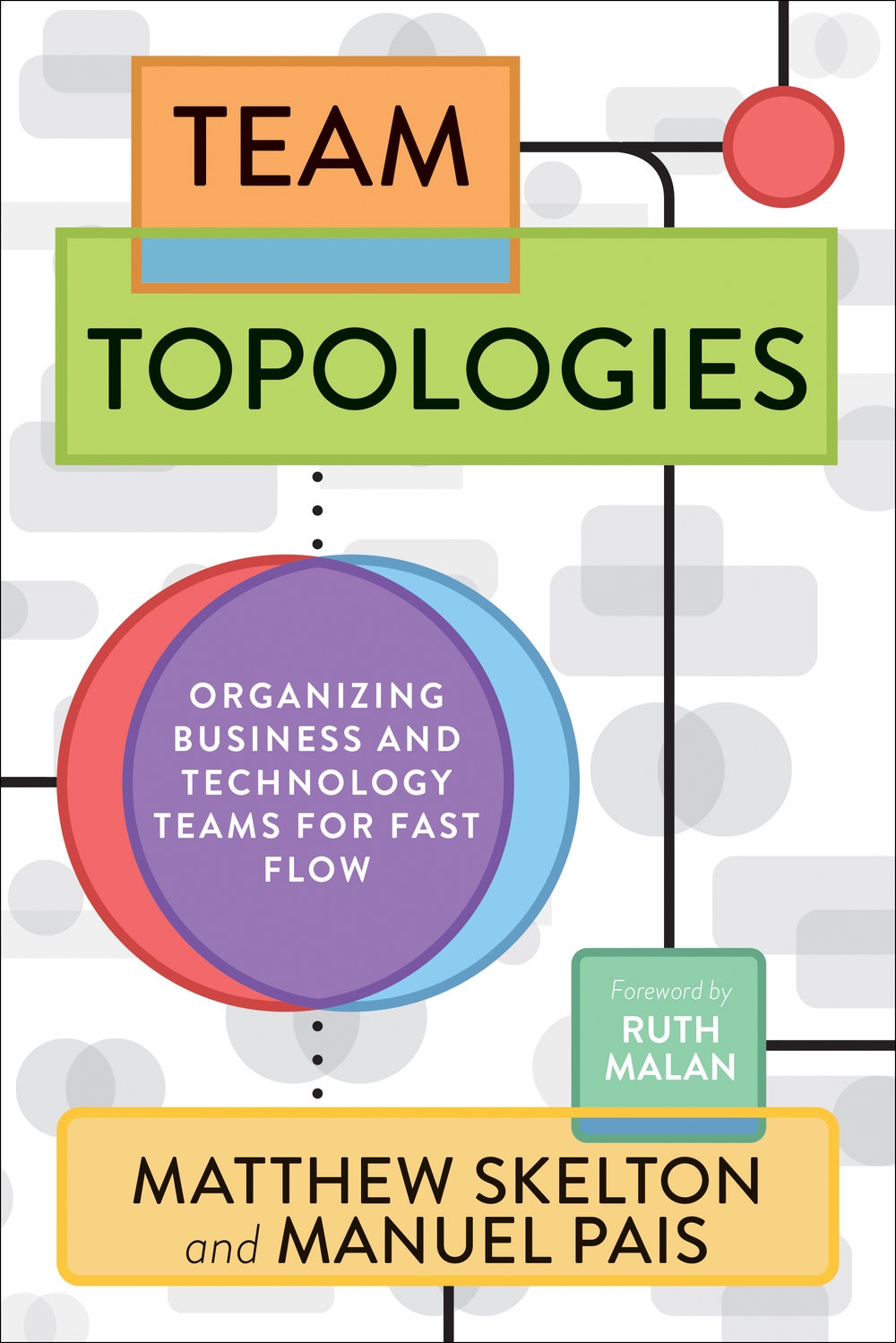
© IT Revolution
Team Topologies: Organizing Business and Technology Teams for Fast Flow
by Matthew Skelton and Manuel Pais, 2019, IT Revolution
Recommended by Tim Bannister
When Tim started in IT, organisations nearly always had at least one operations team, a separate support team, and often some special teams who reviewed system changes. Team Topologies talks about designing work for a world where none of those are a good fit. Work is organised around flow, delivery, and business value. The four team topologies that the book describes all exist to make work flow towards that business value. It’s a slim volume that you might easily read in an afternoon.
Although the underlying ideas aren’t specific to IT, Skelton and Pais explain them in an IT context with terms like “joined-at-the-database” or “DevOps” mentioned where it helps. They’ve heard of Conway’s law and put their own unique spin on it. This was also the most-mentioned book, with two other team members shortlisting it. We recommend it for everyone from developers to CTOs.
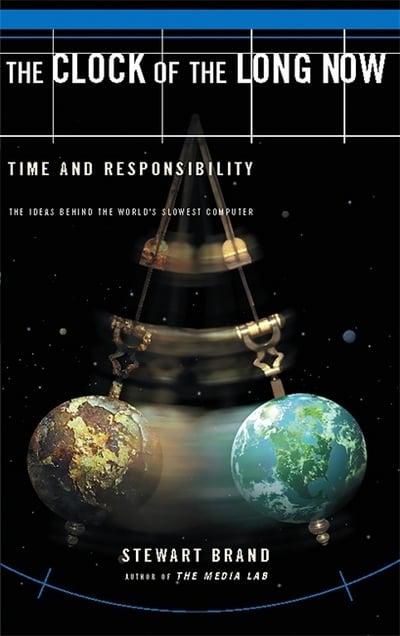
© Basic Books
Clock of the Long Now: Time and Responsibility: The Ideas Behind the World’s Slowest Computer
by Stewart Brand, 2000, Basic Books
Recommended by Jack Holloway
We’ve done a lot of damage to the world, and events (natural or man-made) can destroy and happen quickly. Rebuilding happens slowly. There are many problems the world faces where solutions will span more than a single human lifetime. As technologists, we often work in the now, and this book is a series of short essays by Brand exploring thinking and acting on scales of decades, centuries, and millennia with the interplay of individuals, families, culture, nations and species.
He ties them all together with the Clock of the Long Now, a project to design a mechanical clock built to last 10,000 years, where it ticks once a year.
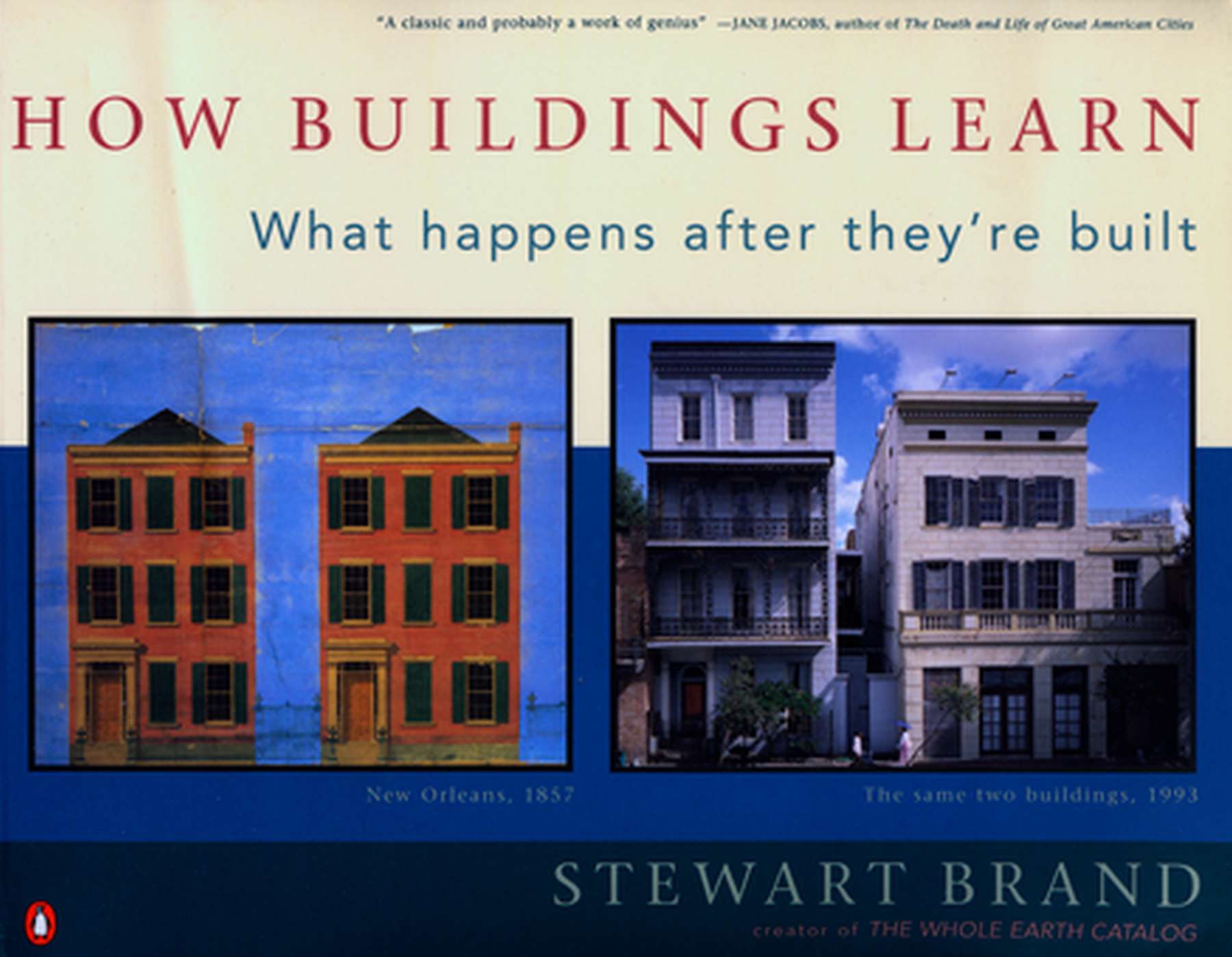
© Penguin
How Buildings Learn
by Stewart Brand, 1995, Penguin
Recommended by Jack Holloway
A book on how buildings change and grow, but it could equally be about software design. Learn about Shearing Layers and how they impact everything around you. This leads into Pace Layers, and hierarchical layers in ecosystems (for more on that, we recommend reading Pace Layering: How Complex Systems Learn and Keep Learning). Read this book to learn how fashion/things are constrained by the things around it; how the foundations and environment of a building impact the use.
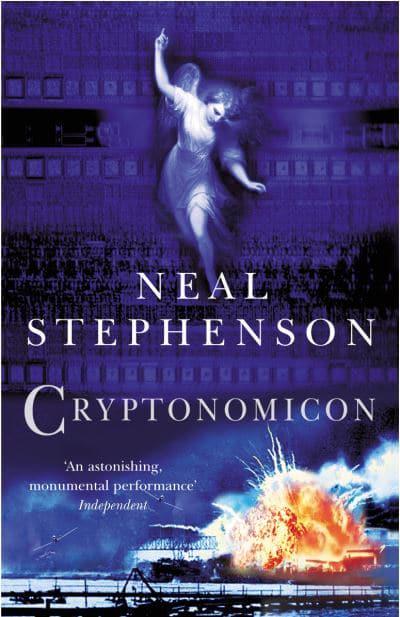
© Arrow Books
Cryptonomicon
by Neal Stephenson, 2000, Arrow Books
Recommended by Jack Holloway
A novel built around cryptography, jumping between World War 2 and the earlyish internet era. A gripping read of intertwining narratives and an excellent example of Stephenson’s ability to weave fact and fiction.
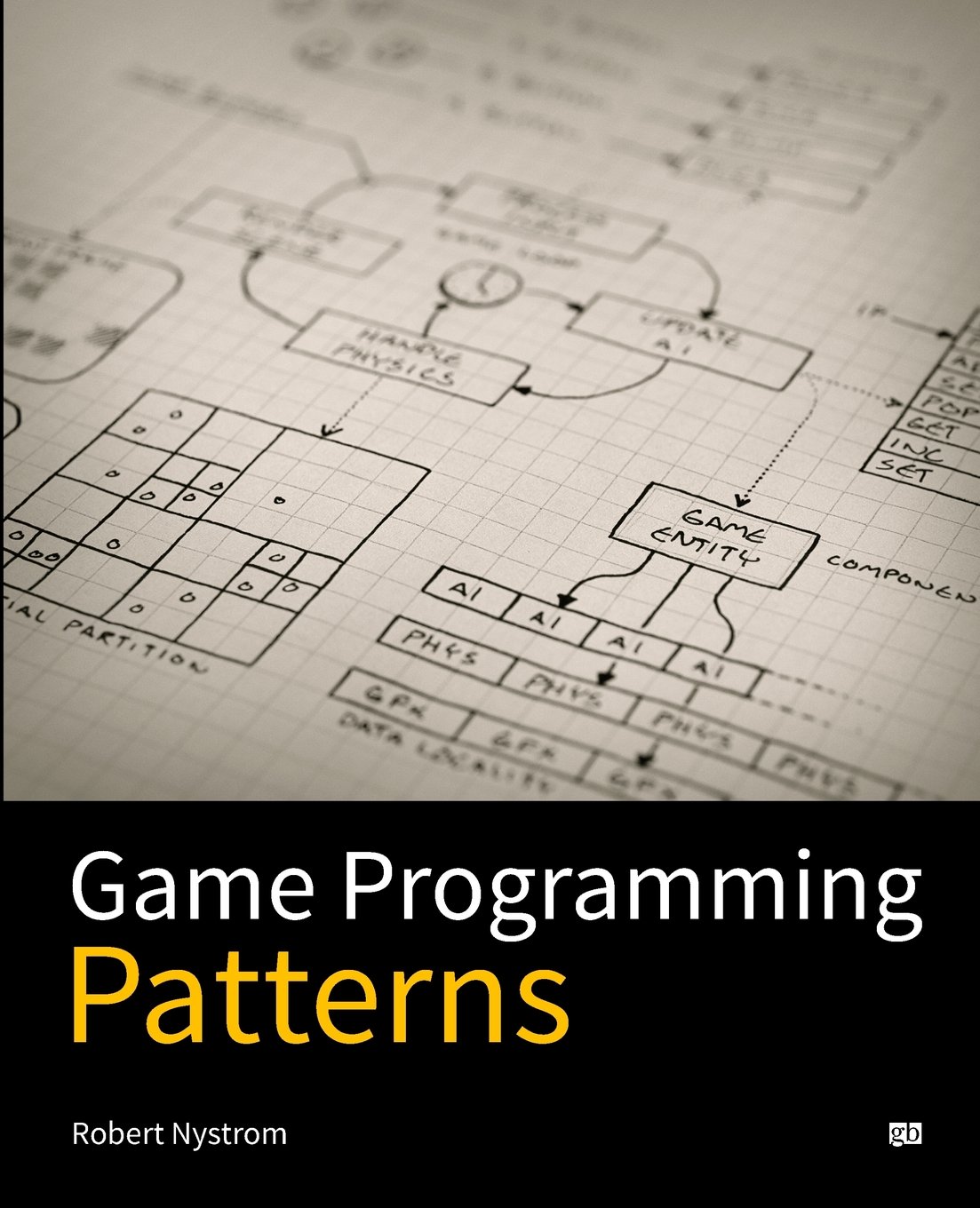
© Genever Benning
Game Programming Patterns
by Robert Nystrom, 2014, Genever Benning
Recommended by George
A great write-up of some programming design patterns. Don’t be fooled by the title, the content of the book is very usable outside the context of games programming. The author himself describes the book as building on the famous Gang of Four book. The focus on games makes the examples much less boring than similar books on the same subject. I particularly like the “Decoupling Patterns” section. You can read it free online.
The same author also has a very good book in interpreters and language design titled Crafting Interpreters, which George can’t fully vouch for yet because he hasn’t finished it.
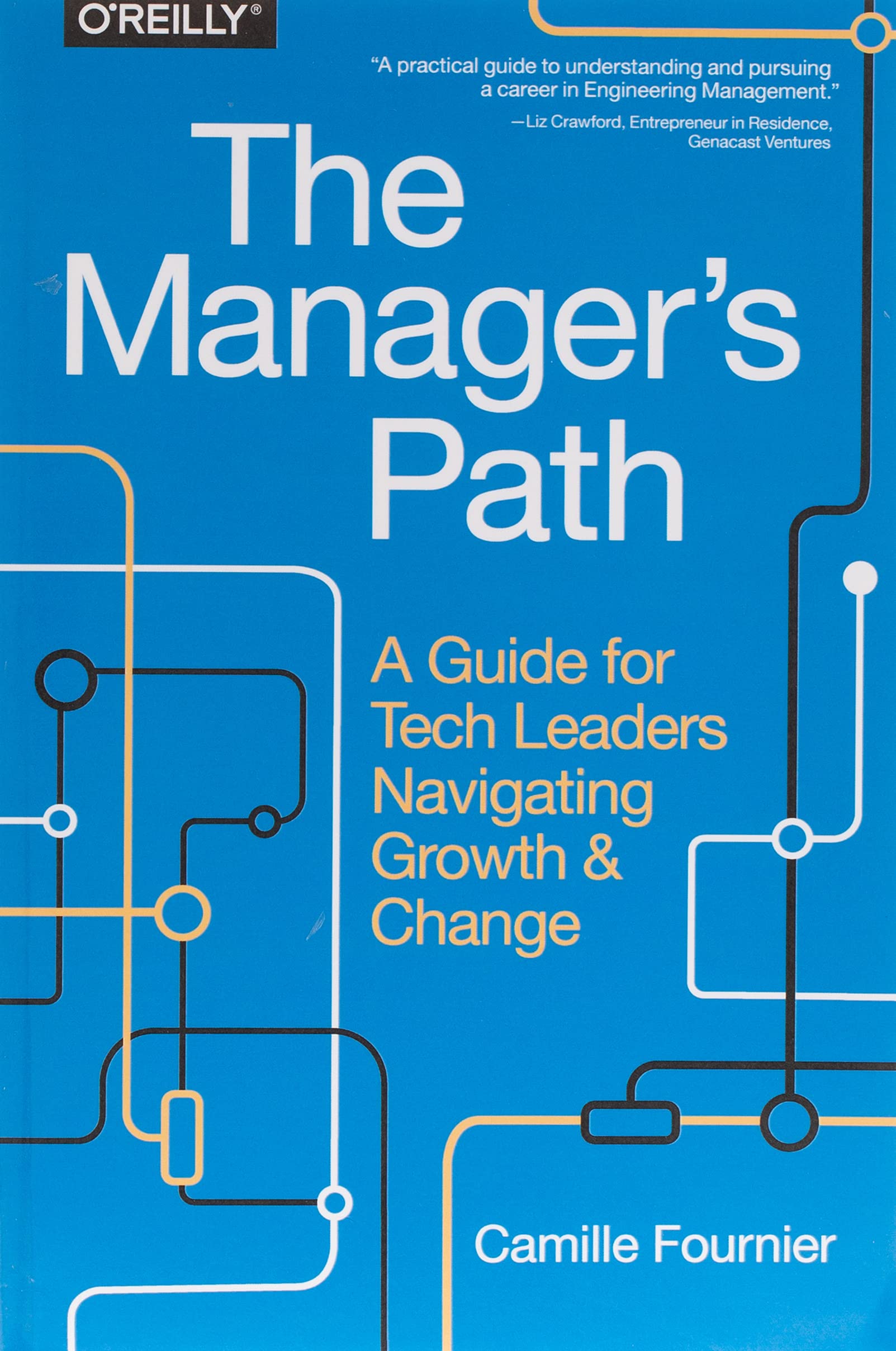
© O’Reilly Media
The Manager’s Path
by Camille Fournier, 2017, O’Reilly Media
Recommended by Sandro
Specifically for managers in the technology industry, this book covers the journey from engineer to technical manager. Sandro found this book extremely useful when he was asked to take on people management tasks at The Scale Factory. The book covers topics like managing technical teams, setting up career ladders, 1:1s, mentoring, etc. and contains practical tips and advice especially aimed at engineers who may be stepping into managers’ shoes for the first time. The book is also available in audiobook format.
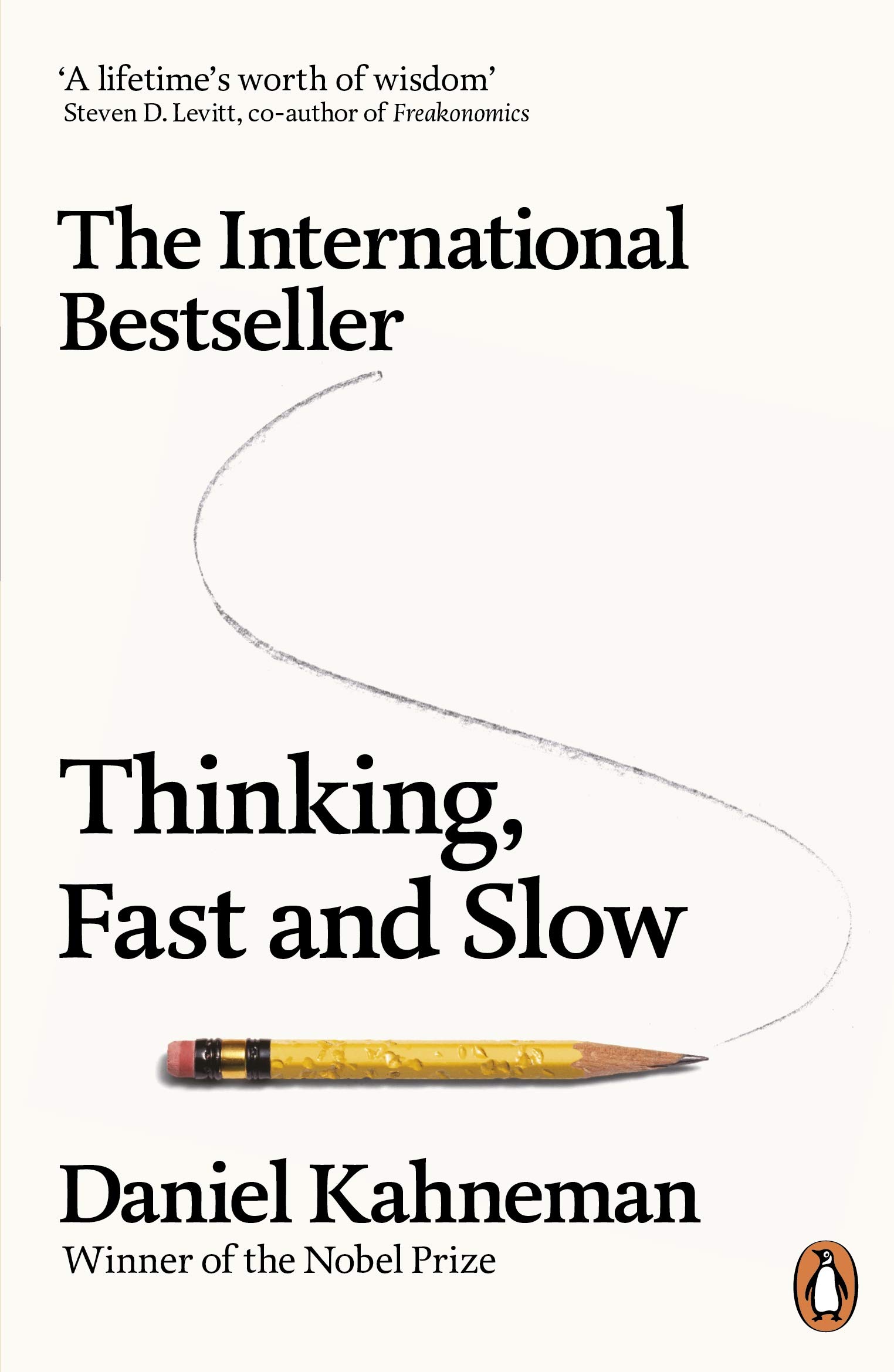
© Penguin
Thinking, Fast and Slow
by Daniel Kahneman, 2012, Penguin
Recommended by Jon
A comprehensive read on the difference between fast intuitive thinking, and slow rational thinking, and how our minds are tripped up by error and prejudice. It’s a fascinating reading on how we think and contains examples and techniques for smarter thinking. Also available as an audiobook.
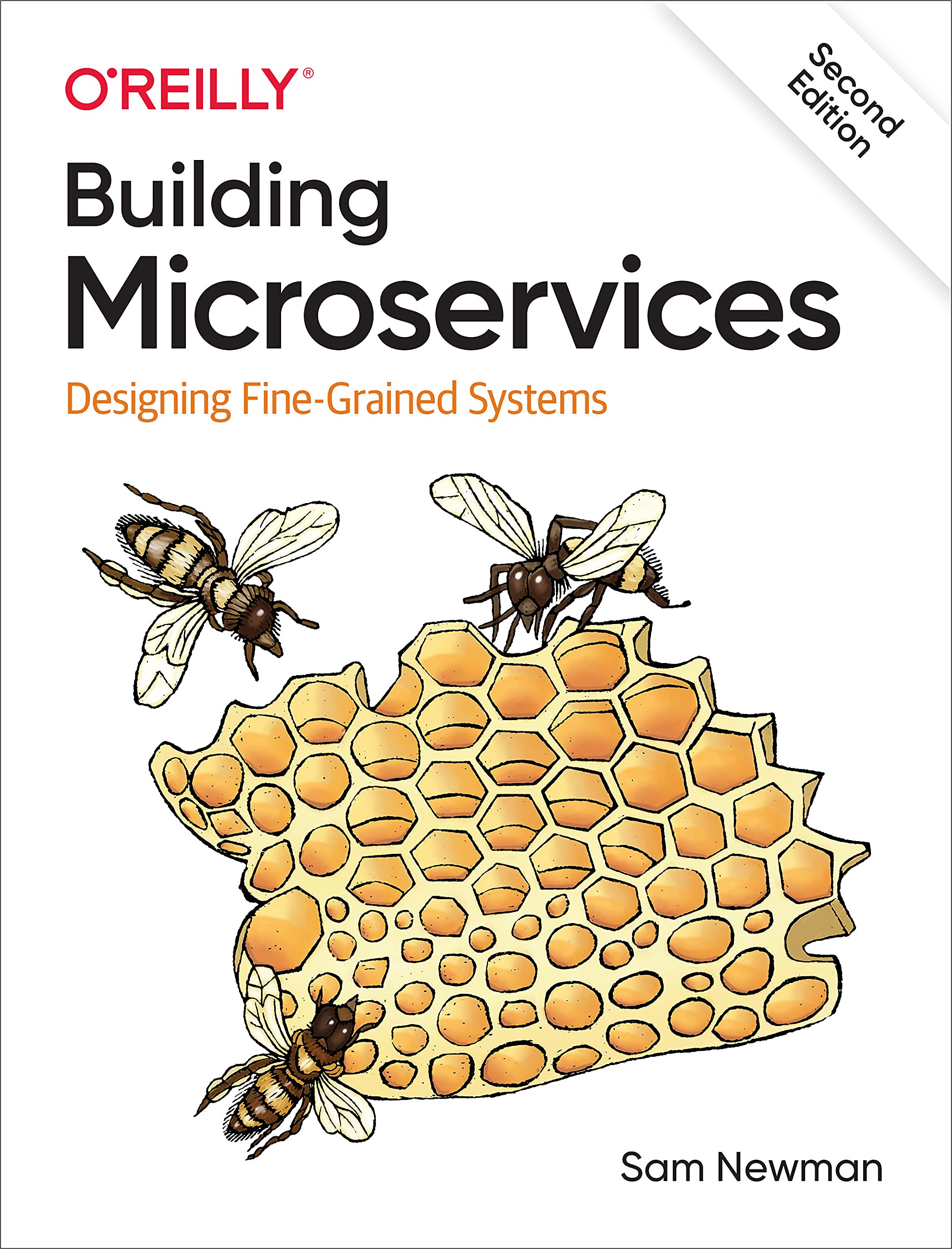
© O’Reilly Media
Building Microservices
by Sam Newman, 2021 (2nd edition), O’Reilly Media
Recommended by Adam
An important book if your teams are making the move away from monolithic architecture. Adam likes this book particularly because it’s not only a great technical grounding in the theory of this IT architecture, but also reinforces and reminds us that microservices are as much about the shape of your teams and business structure as the shape of your code. This is an aspect which Adam has found to be one that is missed by many organisations who go down this route.
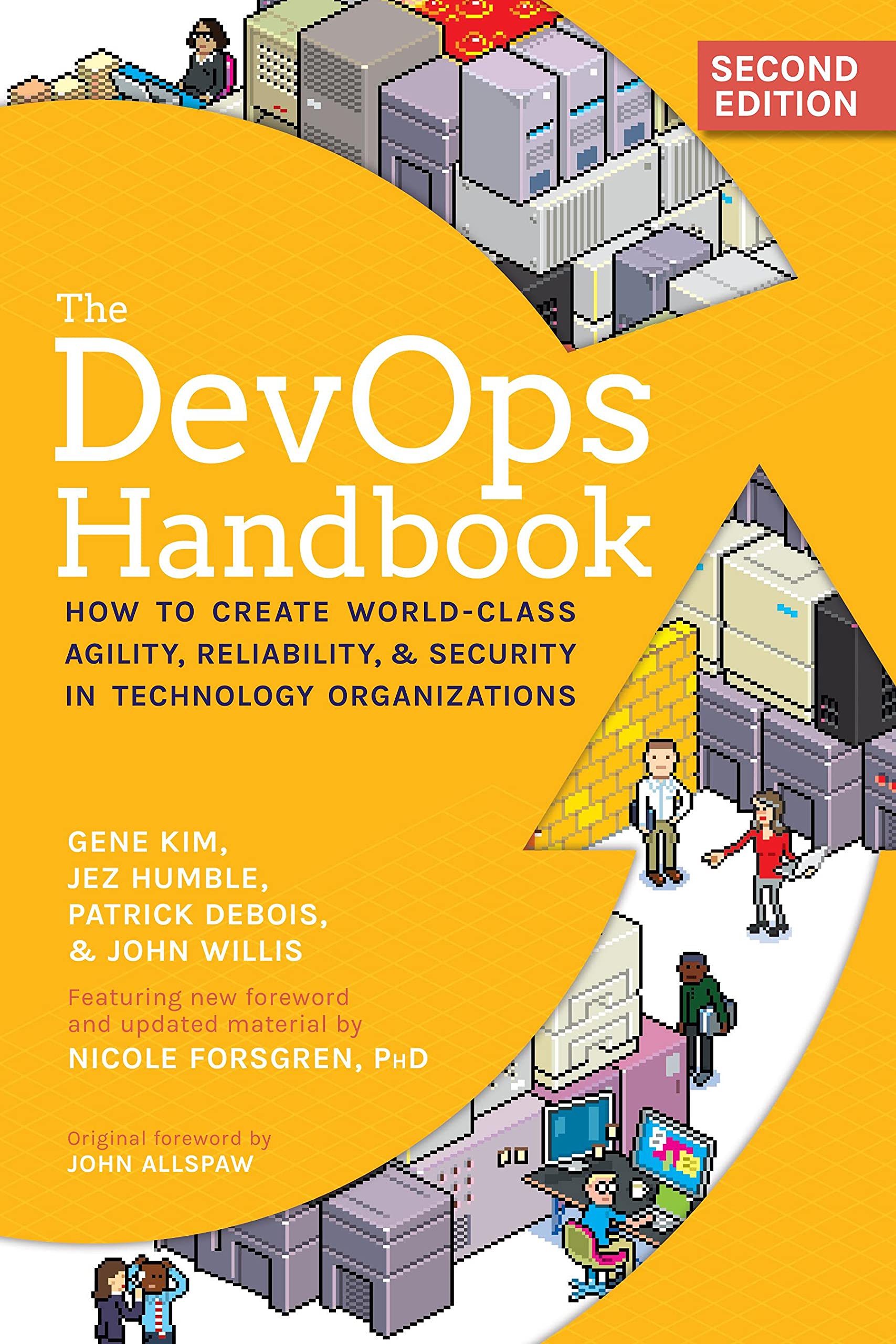
© IT Revolution Press
The DevOps Handbook
by Jez Humble and Gene Kim, 2022 (2nd edition), IT Revolution Press
Recommended by Christina Chee
A good read for anyone who wants to get an understanding of modern DevOps practices. It’s easy to digest even for people who don’t have a technical background. The book covers the history leading up to DevOps, the principle and practices of DevOps, and some up-to-date case studies.
Any book that is not work related
It’s summer, you are going on holiday and you shouldn’t be thinking about work. Use this time to read something that has nothing to do with IT or computers. It could be a novel, a short story, a magazine - whatever suits you, provided it’s non-work related. For example, Sandro particularly likes reading detective novels during the summer because he has the time to focus on the plot and to lose himself into a story. Do whatever works for you but remember that summer is also a time to recharge your batteries and not to think about work all the time.
We hope this list gives you some inspiration for books to read during your holidays. Enjoy your summer reading!
We’ve been an AWS SaaS Services Competency Partner since 2020. If you’re building SaaS on AWS, why not book a free health check to find out what the SaaS SI Partner of the Year can do for you?
This blog is written exclusively by The Scale Factory team. We do not accept external contributions.
